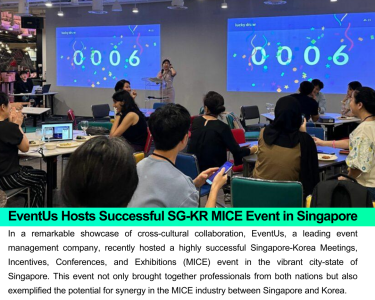
Nio, a Chinese electric vehicle manufacturer aiming to challenge Tesla, has recently announced a substantial price reduction of 30,000 yuan ($4,200) across all its models. This move comes amidst an ongoing price war among electric vehicle (EV) makers in China, where BYD, a well-established company known for its affordable hybrid plug-ins, holds a prominent position.
According to data from the China Passenger Car Association (CPCA), Warren Buffet-backed BYD shipped approximately 600,000 vehicles from January to April this year, claiming a 35.3% market share in the “new energy” segment, which includes battery electric, plug-in hybrid, and hydrogen fuel-cell vehicles.
In contrast, Nio sold just under 40,000 units during the same period, securing a modest 2.3% market share in the new energy vehicle (NEV) market. Since its establishment in 2014, Nio has focused on capturing the premium consumer market, with its highest-priced model reaching around $70,000. However, with the recent price reduction, the starting price of its most affordable model now stands at approximately 228,000 yuan ($32,000), based on a battery-as-a-service model. Nio has differentiated itself by emphasizing battery swapping as a core feature and has established nearly 1,500 swapping stations to date.
Interestingly, Nio’s decision to lower prices follows its founder and CEO William Li’s previous statement that the company’s low gross margin made it difficult to participate in a price war. Li cautioned against blind price reductions, citing concerns about unhealthy competition. In contrast, Tesla has introduced significant discounts in China, resulting in its Shanghai-manufactured vehicles being up to 50% cheaper than those sold in the United States and Europe. Tesla has experienced a surge in sales as a result, with its Model Y accounting for 10% of China’s EV shipments during the first four months of this year and recording a 60% year-on-year increase in sales, according to the CPCA. Over 40 other car brands have followed suit with aggressive price cuts, and now it appears Nio has also felt compelled to make similar adjustments.
In addition to the $4,200 discount, Nio will discontinue its free battery-swapping services for new customers. It remains to be seen whether these price incentives can stimulate sales for Nio’s currently unprofitable business, as the company reported a net loss of $690 million in the first quarter of 2023.





